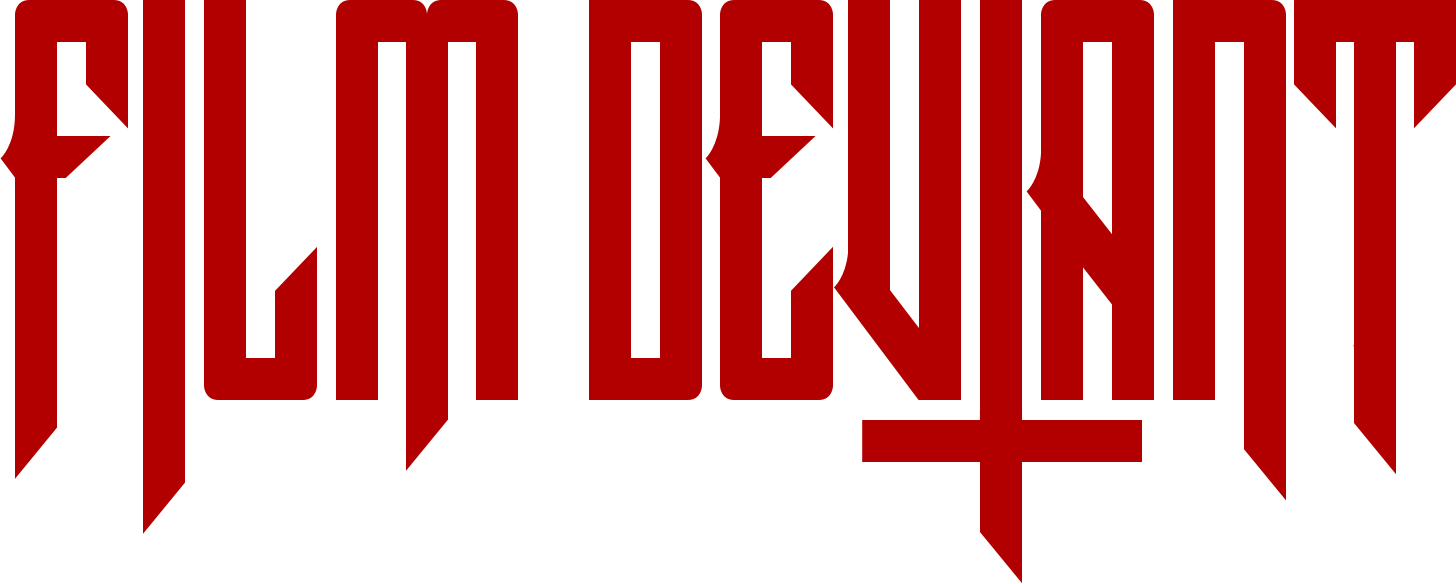Welcome to 2014, Deviants! Today, Zach takes a look at the horror in store for us in the new year. Will it be a year full of PG-13 supernatural found footage horror films? Or is there more creative stuff in store? Join Zach as he looks to the future of horror!
2013 has come to an end and, as per usual, lists with the top horror films of the year are being released on most horror sites (including our own) in addition to news about projects in the works for 2014. Browsing through some of these sites, I came across an article discussing the Friday the 13th remake sequel, explaining that when Warner Bros. gave the rights to Paramount for the film it was “huge news” for horror fans. This article got me thinking not only about new films in 2014, but about the future of the genre in general. Is the success of The Conjuring (which is spawning a number of sequels and prequels to suck the idea dry of money) going to kick start an onslaught of supernatural films, thus definitively putting an end to the “torture porn” era? Is the found footage subgenre going to continue to stay relevant and release financial hits with the upcoming Paranormal Activity and Devil’s Due? Or is there going to be another surge of soulless Michael Bay produced remakes, such as the sequel to the 2009 Friday the 13th? However, most importantly, the article truly made me wonder exactly why it is big news for there to be yet another Friday the 13th movie – a sequel to a remake of a film made over 30 years ago with its own bad franchise.
It is no surprise that 99% of mainstream horror releases are pure garbage, not only because they are cash grabs, but because they take the most superficial and basic elements of horror and structure their films around them. A movie like Texas Chainsaw 3D was number 1 at the box office and, consequently, acted as the face of horror to non-genre fans, perpetuating the impression that horror consists of recycled and unintelligent ideas. The remake of Evil Dead is fun, but fails to add much to the original - or the genre - and was unable to break through the mold of most Hollywood horror structures (forced characterization, dialogue and character arcs). While it may be exciting to see a horror icon like Jason live again, these films are being made with the sole purpose of cashing in on an idea that was popular decades ago and since then has garnered a loyal following.
Horror is a genre that possesses an exciting pulse to it. It has the potential to deal with some truly shocking and taboo subject matters in a literal or often allegorical sense. It allows filmmakers to not slap an audience in the face with their message, but rather let it sink in slowly and metaphorically. Fans should be following directors who are daring enough to tap into these subject matters, and who add originality to a genre saturated in reused ideas. Of course it is exciting when news is announced on a sequel to a beloved classic (another Army of Darkness?), but this does little to evolve the genre. Our attention becomes so focused on the familiar that we fail to embrace the new. While a remake is not inherently a bad thing (Dawn of the Dead, We Are What We Are, The Ring), when we, as fans, divert so much attention to them at the expense of other films, it becomes problematic.
Take, for instance, Ben Wheatley, a filmmaker who constantly creates innovative work that is different than any other films being released at the time. He manages to breathe life into old subject matters and present them in a method that is unlike anything else. While his film Kill List received decent recognition, he is still fairly obscure (especially to non-horror fans), and his 2013 film Sightseers (although not straight up horror) did not receive much attention. The Last Will and Testament of Rosalind Leigh was completely overlooked, despite being a unique slow burn horror film that deals with a tragic story at its core. Movies from 2013 like Jug Face, Berbian Sound Studio, and We Are What We Are are unique films, and despite some of their flaws, should be brought to the forefront over movies that we have all seen repeatedly in the past. One of the biggest attractions to the horror genre is its aversion to normal, its power in challenging what society deems as acceptable, and when a filmmaker infuses this attitude and philosophy with their filmmaking, it is even more powerful.
Of course it is fine to have fun and violent horror movies – these tap into parts of our brain that are often repressed – but horror needs to assert itself as the complex and daring genre that it truly is. Horror needs to step away from its stereotypes (especially the sickening amount of misogyny in most horror movies) and embrace new philosophies. More films like You’re Next, Excision, The Last Will and Testament of Rosalind Leigh, Taxidermia, Ginger Snaps, and Kill List should be emphasized over the obsession that precipitates when a remake to a beloved cult film is released. As I said, remakes are not inherently bad, but why are we obsessing over sequels to films we have already seen when we could be creating new icons? Why are we glorifying movies that use the same formula when there are filmmakers who create their own? If the genre wants to be taken more seriously, it needs to pick a path that evolves in a better direction as opposed to staying in the past.
-Zach





Comments
Post a Comment